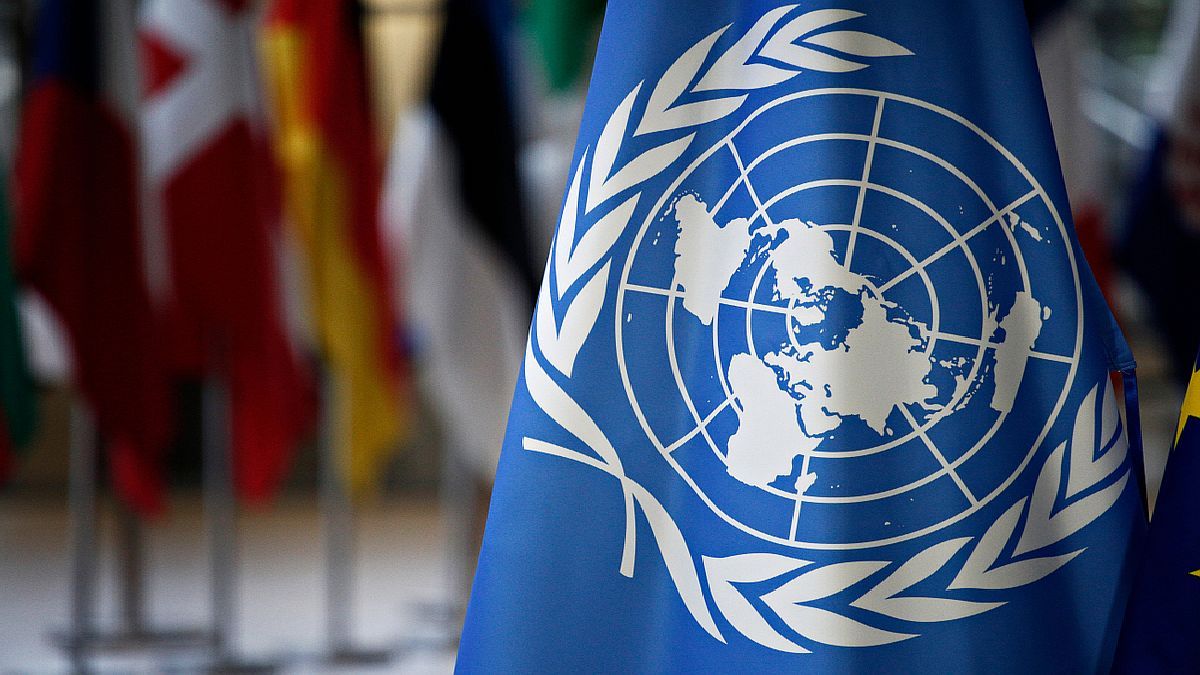The UN General Assembly approved this Thursday, with 187 votes in favora resolution that calls for the end of the blockade imposed six decades ago by USA to Cubaa moral victory for the island, despite the fact that the ruling is not binding.
United States and Israel voted against the resolution “Need to end the economic, commercial and financial embargo imposed by the United States of America against Cuba”, which reiterates the principle of “equality of States, non-intervention and non-interference in matters internal affairs and freedom of international trade and navigation”, while Ukraine abstained, the AFP news agency reported.
UN blockade USA Cuba.jpg
Last year the initiative had 185 votes in favor and, like this time, the United States and Israel spoke out against it. The resolution, debated yesterday and today in a General Assembly of the organization that was convened, like every year, to address the end of the blockade, is rather a plea for states in general not to resort to this type of measures that affect to the economies of the countries that suffer from them.
UN: General Assembly approved by majority to lift the United States blockade of Cuba
The text “reaffirms the sovereign equality of all states, non-intervention and non-interference in their internal affairs and freedom of trade and navigation” and asks states to “refrain” from applying laws and measures such as the embargo on Cuba. .
Likewise, it states “your concerns about continued enactment and enforcement” of laws such as the American Helms-Burton (in force since 1996), which has extraterritorial effects for people and companies that do business with Cuba.
Since 1992, Cuba has presented every year a draft resolution condemning the US blockade that marks the lives of Cubans, given that more than 80% live under the sanctions imposed by Washington in 1962 on the island, which it also included in the list of state sponsors of terrorism.
Although in 2015, under the government of Barack Obama, the Cuban and US governments began a process of normalization of diplomatic relations, the embargo remains in force and, for its detractors, is the main obstacle to development in Cuba.
The Cuban Government’s repression of anti-government demonstrations andn July 2021, which left more than 1,000 detained – some 700 remain in prison with sentences of up to 25 years – and led others into exile, they did not contribute to the desired turnaround that was expected from the Democratic Government of Joe Biden, after the hardening of his predecessor Donald Trump.
Cuban authorities estimate that six decades of blockade meant losses to its economy of more than $159 billion. Between March 2022 and February 2023 alone, the blockade would have caused losses of 4,867 million dollars. However, the economy would have grown by 9%, they say. Migration is “a direct effect of the intensification of the blockade,” they warn in a brochure distributed to the press.
Source: Ambito




